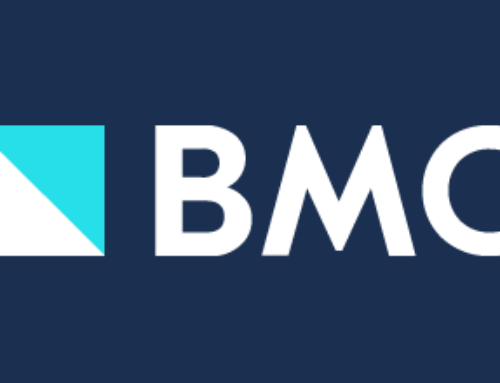Reducing Low-Value Care to Improve Health Equity
In the United States, low-value health care disproportionately impacts communities of color. By incorporating equity and the diverse needs of underserved communities in the definition of low-value care, we can encourage progress towards addressing health disparities.
Watch our latest video below.

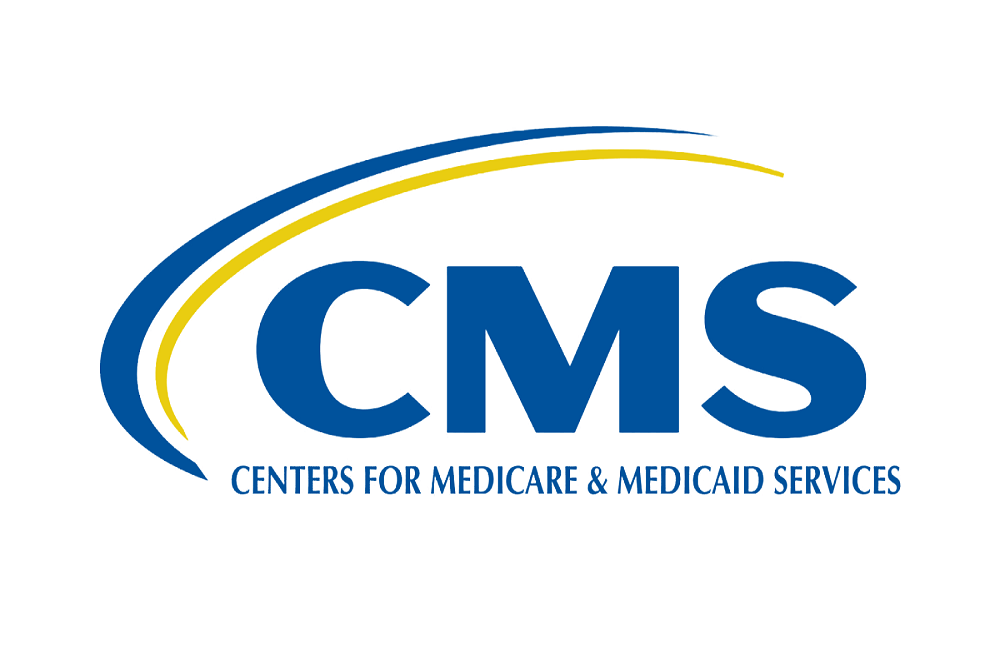
V-BID Model's Health Equity Incubation Program Webinar
The MA V-BID Model team held a webinar to examine the importance of food and nutritional security in addressing poor health outcomes and social needs among the Medicare population. National leaders participated in a discussion around the identification and stratification of food insecurity, recommendations for screening tools, publicly available data, and operational and implementation challenges and successes.

White House Issues Plan to Reduce the Burden of Medical Debt
Vice President Kamala Harris announced that the White House is seeking to help lessen Americans’ medical debt burden. In this latest effort to help people deal with increased costs of healthcare, the White House laid out a four-point plan to help protect consumers that “builds on President Joe Biden’s recent executive order on increasing access to affordable health care coverage.”
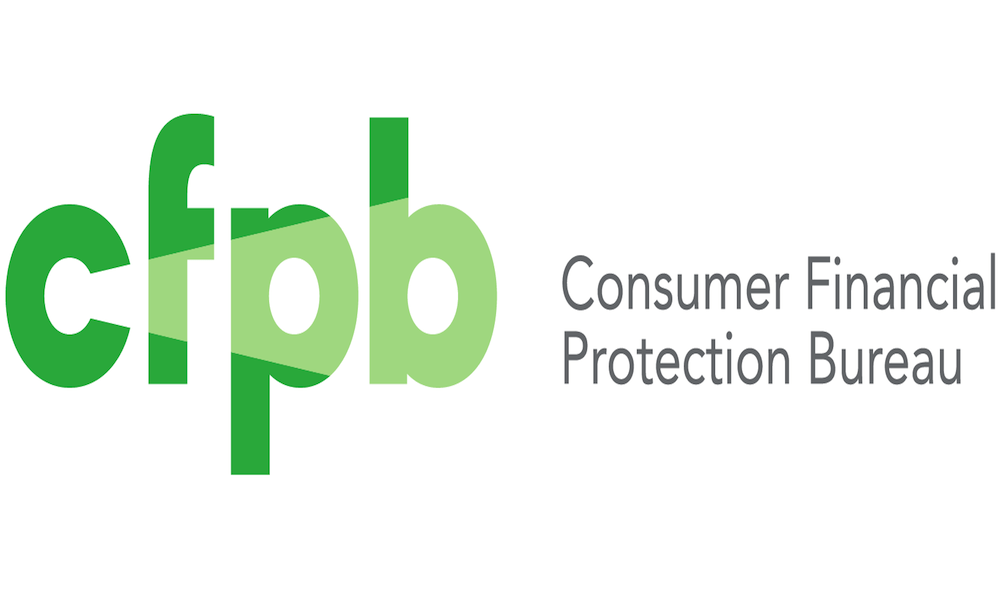
CFPB Estimates $88 Billion in Medical Bills on Credit Reports
A recent report by the Consumer Financial Protection Bureau (CFPB) states that medical debt affects households unevenly. Past-due medical debt is more prevalent among Black (28%) and Hispanic (22%) individuals than white (17%) and Asian (10%) individuals.
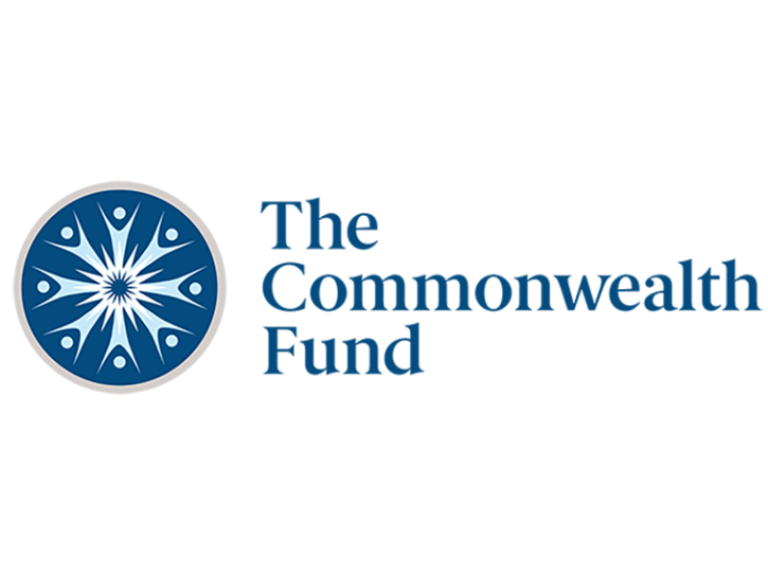
What States Are Doing to Advance Health Equity in Marketplace Insurance Plans
A brief from the Commonwealth Fund looks at data from California, Connecticut, District of Columbia, and Massachusetts to assess state strategies to improve health equity through private health coverage. Key findings include:
- There is no consensus among the four marketplaces on how to approach health equity
- Insurers and the marketplaces need to gather more data to understand the people they serve and to design effective health equity strategies
- Marketplaces are pursuing strategies to ensure plan designs meet the needs of people of color, to help enrollees use their coverage to receive equitable care, and to create accountability for meeting equity goals

Top Employer Strategies for Health Equity in Obesity, Diabetes
Native Americans are twice as likely as White people to have diabetes and Black Americans are 50 percent more likely to have type 2 diabetes, according to a summary of the recent NEBGH report. In addition to employer strategies that address diabetes, value-based insurance design can be utilized to enhance equity in obesity prevention and treatment.

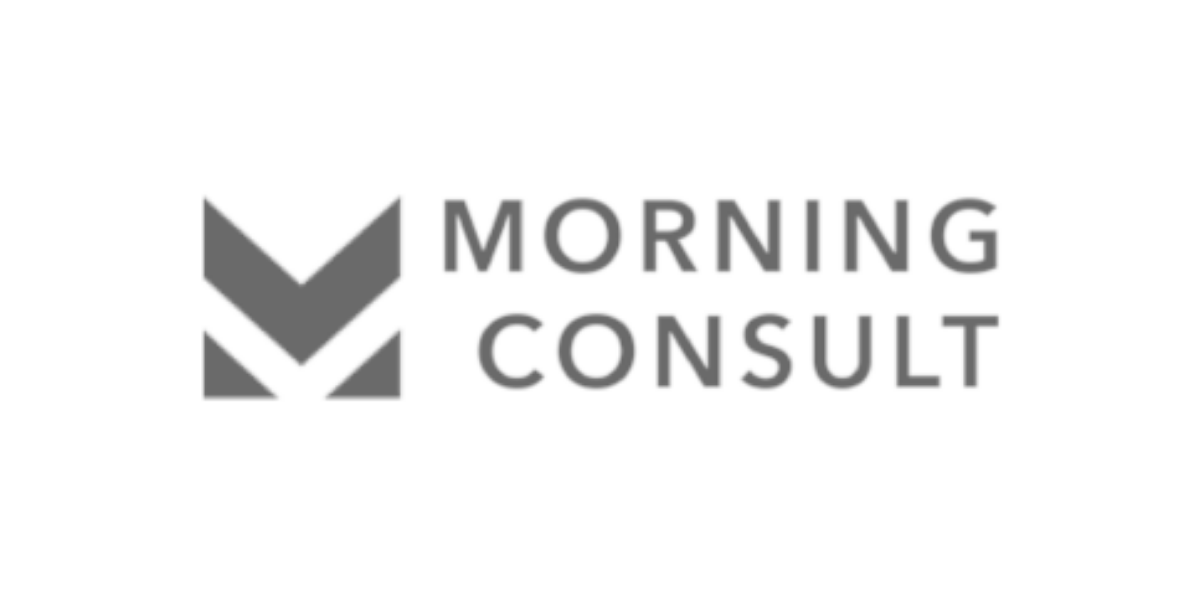
Survey Shows Most Women Don't Have Copays for Contraception
As the Supreme Court reconsiders federal protections for abortion services, healthcare stakeholders examine the rippling effects that a reduction in coverage would have on women’s health. In particular, coverage of testing and contraception care may be rolled back. A new survey from the Morning Consult has found that two-thirds of women who use birth control have not spent any money out of pocket in the past year, and 70% of U.S. adults would support state-sponsored birth control.

Legal Case Challenges ACA Preventive Care Mandate
Another challenge to the Affordable Care Act seeks to overturn full coverage of preventive services. Currently, the law directs insurers to cover USPSTF-recommended services, vaccines recommended by the CDC ACIP, and any HRSA-recommended screenings for women, infants, and children. A recent ASPE study and V-BID Center review report that over 230 million Americans have enhanced access to preventive services and that elimination of cost-sharing led to increases in use of fully covered services and reduced disparities in the delivery of preventive care.

Use of Preventive Care Services Associated with Patient-Provider Sex Concordance in the U.S.
The Affordable Care Act sought to increase preventive care by expanding coverage and eliminating cost-sharing, but not much is known about the factors that correlate with increased use of this care. To this end, the American Enterprise Institute has released a report exploring the impact of age and sex on the utilization of preventive services. Key findings include:
- For women, having a female physician was related to greater use of multiple preventive services
- Sex concordance was not associated with greater use of preventive care services for men
- Men’s use of preventive care services increases with age at a greater rate relative to women. However, use of preventive care services by women starts out higher than for men


Cancer Survivors Facing Medical Financial Hardship Have Higher Mortality Risk
Research published in the journal of the National Cancer Institute has found that cancer survivors experiencing financial hardship have a higher mortality risk. Read more about V-BID Center research and policy efforts to eliminate out-of-pocket costs for cancer screening that may increase screening rates, enhance health equity, and ultimately save lives.

Poll: Americans Struggle to Pay for Healthcare
A new Gallup poll reports that Americans are finding it increasingly harder to pay for healthcare. Over the past year, the percentage of Americans who report skipping needed care due to cost has increased to 30%. Meanwhile, nearly the same percentage of Americans, 29%, report that they could not access affordable care if they needed it today.

Everybody’s Talking About Value-Based Health Care. Here’s What They’re Not Saying.
Dr. Sachin Jain highlights gaps in policy and practice of value-based healthcare in a recent Forbes article. Key points of the discussion cover hospitals and specialists, teamwork, choice, innovation, and revenue.
Please Help Support the V-BID Center
As a non-profit entity, the V-BID Center relies on fundraising to support our research, education, and policy efforts. Please help us continue our work by donating here. We truly appreciate your consideration.



